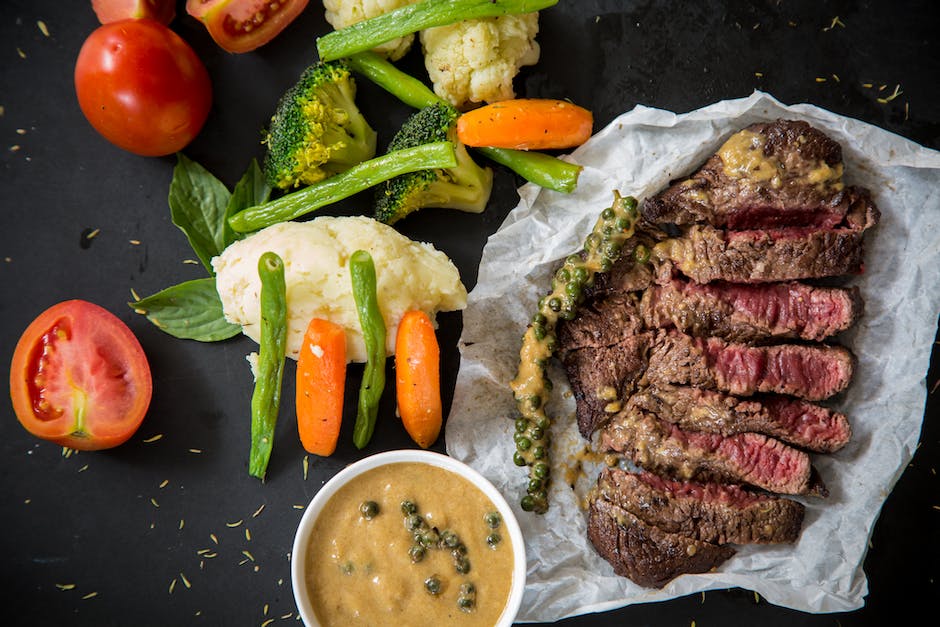Boost Your Digestive Health with Protein: Discover the Surprising Benefits

Protein is a vital nutrient that plays a crucial role in almost every process in your body. It helps build and repair tissues, produce enzymes and hormones, and is essential for overall growth and development. But did you know that protein can also boost your digestive health? In this article, we will explore the surprising benefits of protein for your digestive system and answer a common question: does protein make you poop?
How Does Protein Aid Digestion?
Protein is not just about building muscles; it also plays a significant role in your digestive health. Here’s how:
- Stimulates stomach acid production: Protein stimulates the production of stomach acid, which helps break down food and absorb nutrients effectively.
- Supports gut health: Certain proteins, like collagen and glutamine, help maintain the integrity of your gut lining, preventing leaky gut syndrome and other digestive issues.
- Feeds good bacteria: Some proteins act as prebiotics, feeding the beneficial bacteria in your gut and promoting a healthy microbiome.
Does Protein Make You Poop?
One of the most common questions people have about protein and digestion is, “Does protein make you poop?” The answer is yes, but not directly. Here’s why:
- Protein-rich foods are often high in fiber: Foods like beans, lentils, and whole grains are rich in both protein and fiber. Fiber adds bulk to your stool and helps it move through your digestive system more easily, promoting regular bowel movements.
- Protein supports gut health: As mentioned earlier, protein supports a healthy gut lining and microbiome, which can improve digestion and prevent constipation.
- Protein stimulates stomach acid production: By stimulating stomach acid production, protein helps break down food more effectively, which can prevent constipation and promote regular bowel movements.
However, it’s important to note that while protein can support regular bowel movements, consuming too much protein and not enough fiber can lead to constipation. So, it’s essential to maintain a balanced diet.
How Much Protein Do You Need?
The amount of protein you need depends on various factors, including your age, sex, activity level, and overall health. The Recommended Dietary Allowance (RDA) for protein is 46 grams per day for women and 56 grams per day for men. However, some experts suggest that these numbers are too low, especially for active individuals or those trying to lose weight.
Best Protein Sources for Digestive Health
Not all protein sources are created equal. Some are better for your digestive health than others. Here are some of the best protein sources for digestive health:
- Lean meats: Lean meats like chicken, turkey, and fish are excellent sources of protein and are easy to digest.
- Eggs: Eggs are a complete protein source, meaning they contain all nine essential amino acids. They’re also easy to digest.
- Plant-based proteins: Foods like beans, lentils, and whole grains are rich in both protein and fiber, making them excellent for digestive health.
- Protein powders: Protein powders can be a convenient way to increase your protein intake. Look for ones without added sugars or artificial ingredients.
Conclusion
Protein plays a crucial role in your digestive health, from stimulating stomach acid production to supporting a healthy gut lining and microbiome. And yes, protein can help you poop, thanks to its role in digestion and the fact that many protein-rich foods are also high in fiber. However, it’s important to consume a balanced diet and not overdo it on protein. Remember, the key to good health is balance and variety in your diet.

